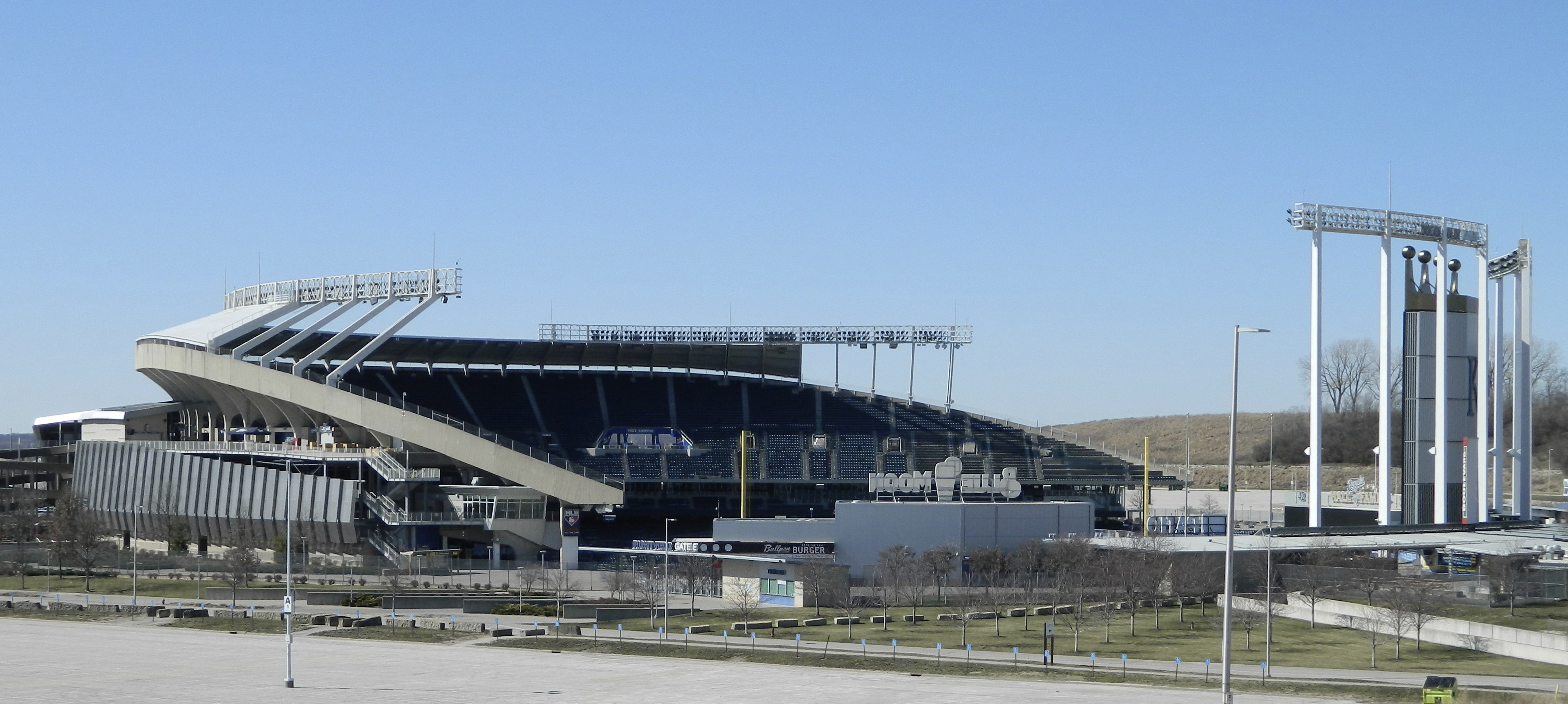Understanding Amendment 2: Missouri’s Sports Betting Initiative
As the legislative landscape surrounding gambling continues to evolve across the United States, Missouri stands at the brink of a significant transformation with the introduction of Amendment 2 on the 2024 ballot. This article serves to break down the proposed amendment regarding sports betting and provide a comprehensive overview of its implications, economic considerations, and the ongoing debate surrounding gambling in the state.

RobyLane Kelley
Editorial Assistant
What is Amendment 2?
Amendment 2 proposes amendments to the Missouri state constitution to permit regulated sports wagering. The proposed wording on the ballot states:
- To allow the Missouri Gaming Commission to regulate licensed sports wagering, including online sports betting and professional sports betting districts.
- To restrict participation to individuals who are at least 21 years old and physically present in Missouri.
- To utilize a 10% tax on wagering revenues to fund education and address compulsive gambling prevention.
- To grant the general assembly the authority to enact laws that align with the amendment.
The context of this amendment arises from a U.S. Supreme Court ruling in 2018 which struck down a federal ban on sports betting, enabling states to determine their legal frameworks. As of now, 38 states, including adjacent Kansas, have embraced this opportunity, raising questions as to why Missouri has hesitated.
Financial Implications
If passed, the state government estimates a one-time cost of $660,000 associated with the framework’s initiation and annual costs exceeding $5.2 million. The proposal also anticipates an initial license fee revenue of approximately $11.75 million. However, the potential taxable revenue from sports betting remains uncertain, projected between $0 to $28.9 million annually.
The proposed 10% wagering tax is intended for educational funding, as well as the Compulsive Gambling Prevention Fund, which highlights a dual objective of revenue generation and responsible gambling management.
Who Can Participate in Sports Betting?
The amendment explicitly states that participation in sports betting will be limited to adults over the age of 21 who are physically located in Missouri. This condition aims to deter underage gambling while also ensuring the legal framework aligns with existing gambling regulations, effectively creating a structured and secure betting environment.
Allocation of Revenue
Part of the intrigue surrounding Amendment 2 lies in how the generated revenue will be allocated. Much like the 2022 amendment that legalized recreational marijuana, which projected an increase in state revenue to approximately $69.4 million after its first year, the expectations for sports betting may create a new revenue stream for education and gambling prevention initiatives.
However, there are key differences in how taxes will be applied. The success of sports betting revenue will heavily depend on market participation rates and the effective management of administrative costs, unlike the more predictable sales tax revenue structure seen with marijuana legalization.
Legislative Oversight
A crucial component of Amendment 2 is the empowerment it grants to the General Assembly. If passed, the state legislature will be tasked with formulating further regulations to nurture the sports betting industry. This provision is designed to facilitate adaptability to emerging challenges and opportunities within the evolving gambling landscape, ensuring that legislative oversight remains a priority even after the amendment’s approval.
Diverging Perspectives
As with any significant legislative change, Amendment 2 has sparked a range of opinions among stakeholders. Proponents, represented by committees such as Winning for Missouri Education (WME), assert that legalization could reduce educational funding discrepancies and facilitate a regulated, responsible form of gambling.
Conversely, critics, including state senator Denny Hoskins, voice concerns regarding the potential for gambling addiction and the adequacy of proposed funding for necessary support systems. The fears expressed center around the low tax rate and initial fees proposed, which many believe may not sufficiently address the repercussions of increased gambling activity in the state.
Conclusion: A Decision Ahead
The decision facing Missouri voters on Amendment 2 is not merely a question of gambling but a complex interplay of economic strategy, public health, and regulatory oversight. As the election date approaches, stakeholders will continue to rally for their respective positions on whether to embrace sports betting as a legitimate and regulated industry in Missouri.
For those interested in participating in the electoral process or seeking more information on the implications of gambling in the state, resources are available at the Kansas City Public Library and the Northeast Newsroom. Additionally, for individuals struggling with gambling-related issues, the National Council on Problem Gambling provides essential support through various channels.
As Amendment 2 approaches the ballot, Missourians must weigh the potential benefits against the risks, considering both the transformation of their state’s economy and the societal impacts of legalized sports betting.













